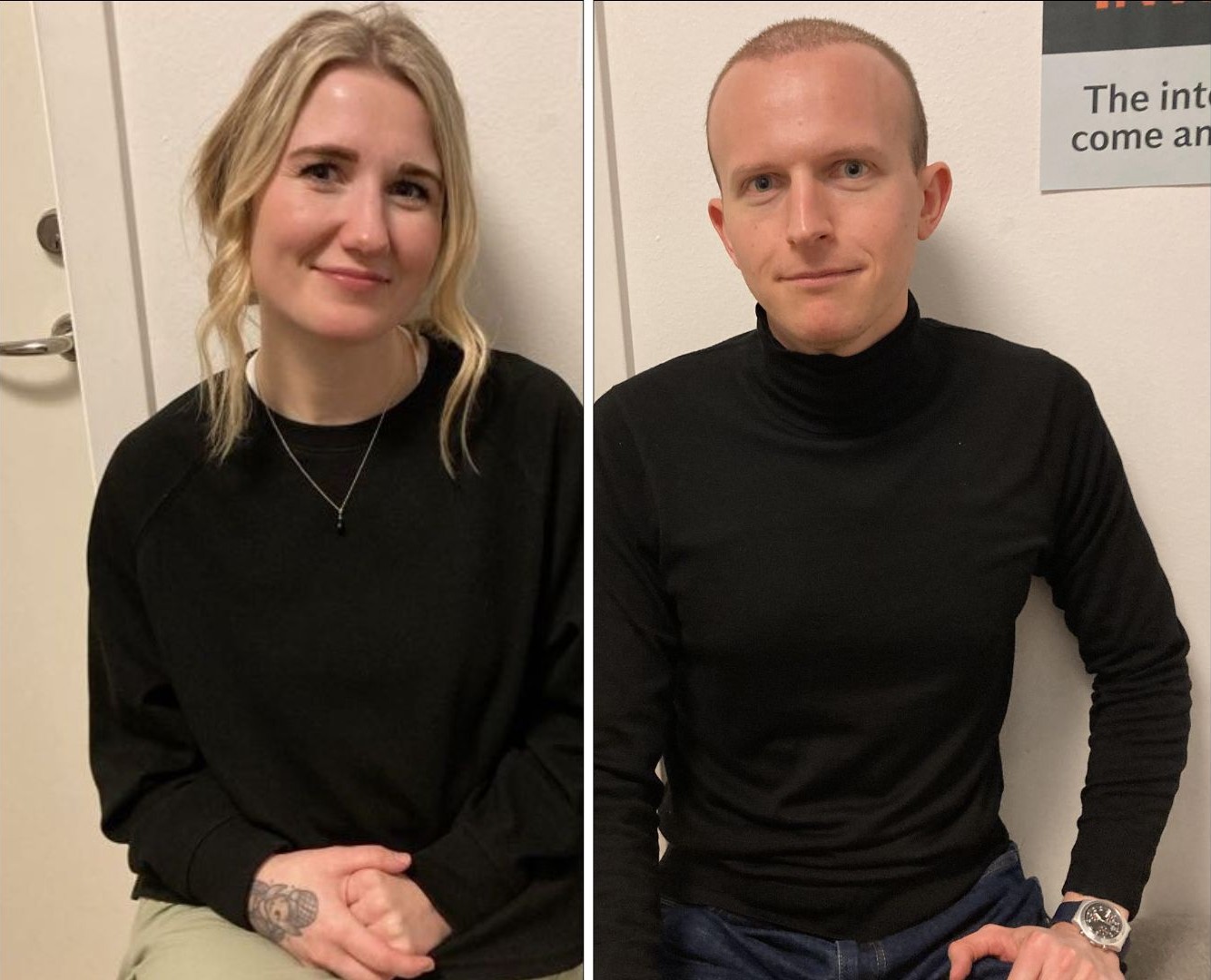An Iranian man is free to work and marry after the Copenhagen City Court decided to lift a deportation conviction from 2005 when he was found guilty of working as a lookout for drug dealers in Christiania.
Elias Karkavandi, 43, was supposed to be deported after finishing his 18-month prison sentence, but it was suspended indefinitely because he could face reprisals in Iran.
After an application for asylum fell through, Karkavandi was placed under a regimen called ‘tålt ophold’, in which he was forced to remain at the Sandholm Asylum Centre and report to the police three times a week. He was also not allowed to work or marry.
READ MORE: Supreme Court: Deportee's freedom of movement violated
Human riots violated
In 2012, the Supreme Court ruled that the demands of tålt ophold were not proportional to Karkavandi's crime and violated his right to free movement under the European Convention on Human Rights.
He was allowed to move out of the asylum centre and only report to the police once a week, but his deportation conviction meant that he still could not work or marry.
But on Tuesday, Copenhagen City Court struck down the deportation conviction, allowing him to return to Danish society as an ordinary resident.
“I am super happy and relieved,” Karkavandi told Information newspaper. “A ten year fight, and seven years on tålt ophold, has come to an end. I can now finally be a member of society.”
READ MORE: Rights of failed deportees heard at Supreme Court
Return to society
According to Information, the court struck down Karkavandi's deportation conviction because his crime was not severe, because he had lived in Denmark for 20 years without any connection to his home country, and because it hadn’t been possible to deport him since 2005.
“It’s great that both the Supreme Court and Copenhagen City Court agree that there is a limit to how long people can be expected to live on tålt ophold,” Karkavandi’s lawyer, Christian Dahlager, told Information.
Dahlager encouraged the government to change the law to include a clear limit to the length of time a person can be forced to live under the restrictive regimen.
According to Information, in May there were 60 people living in Denmark under tålt ophold.













